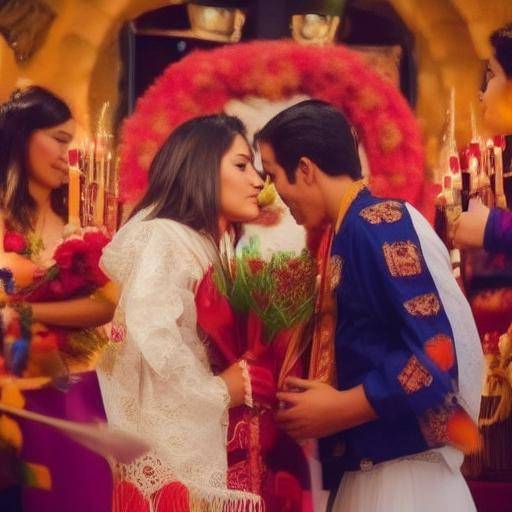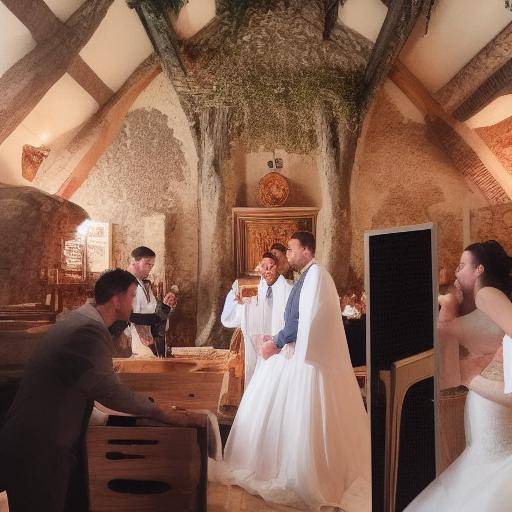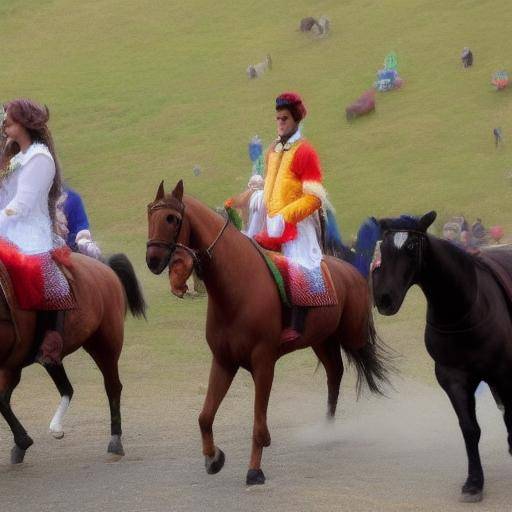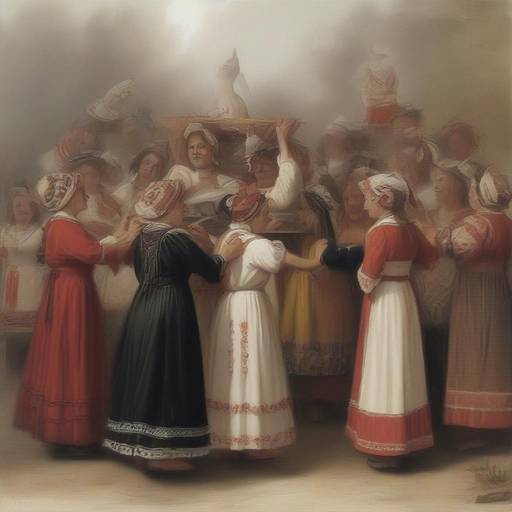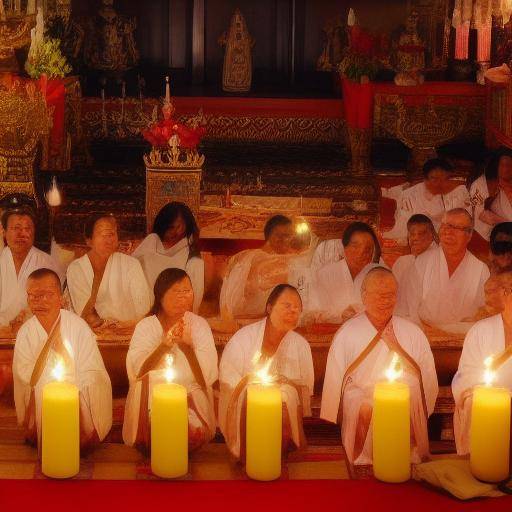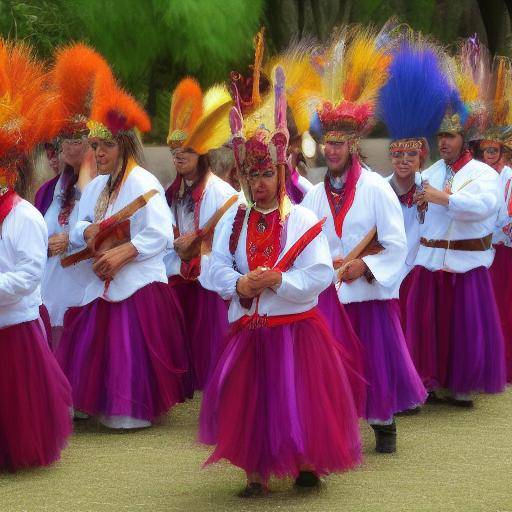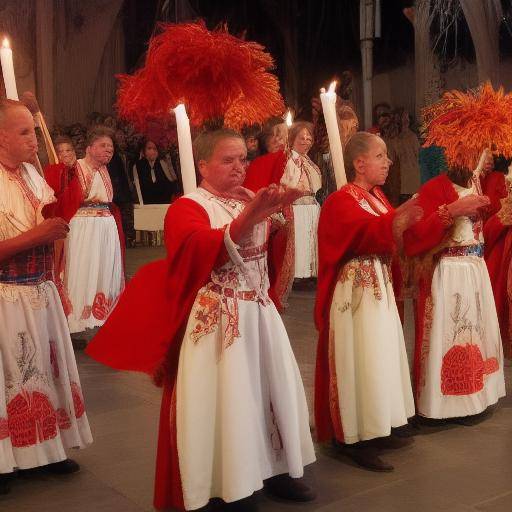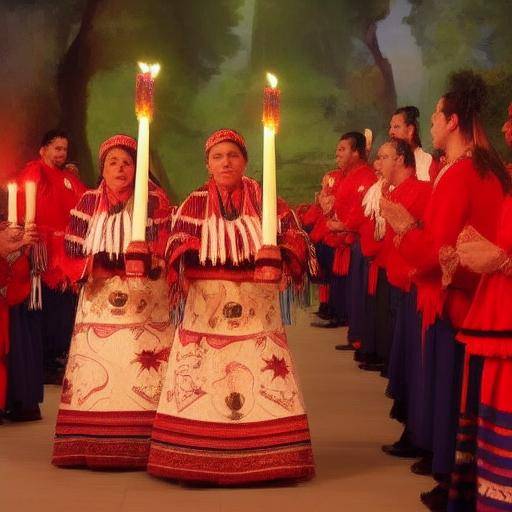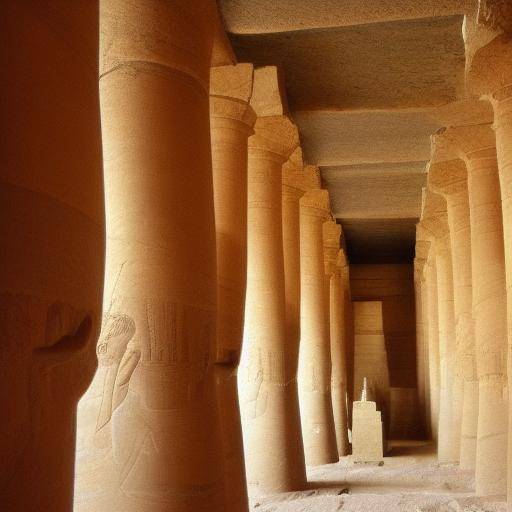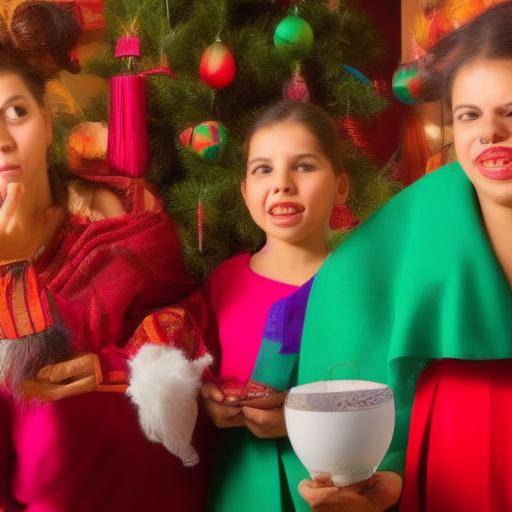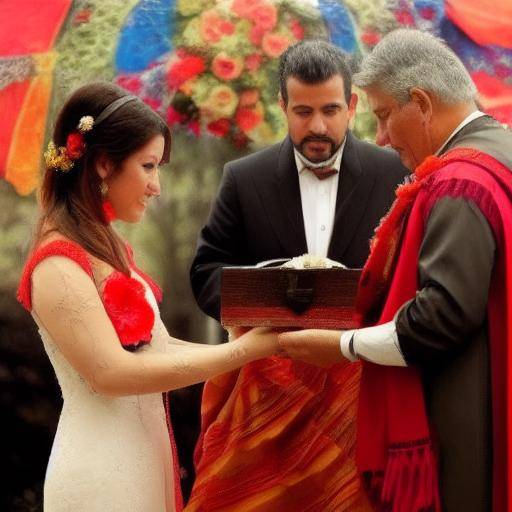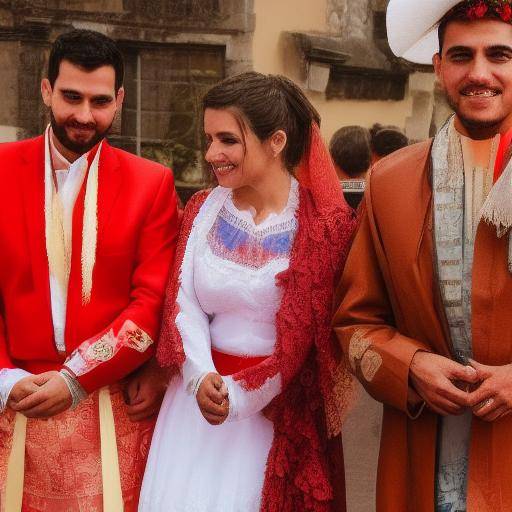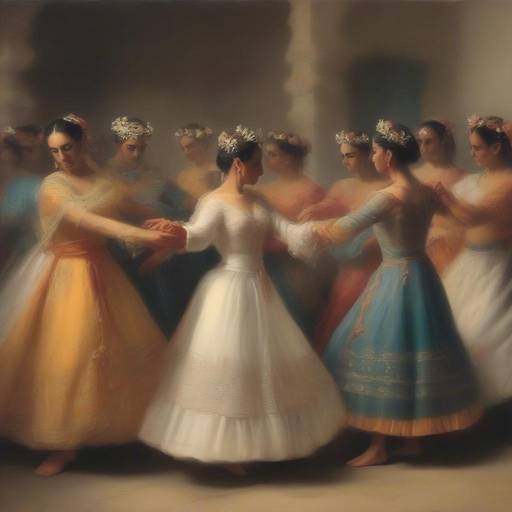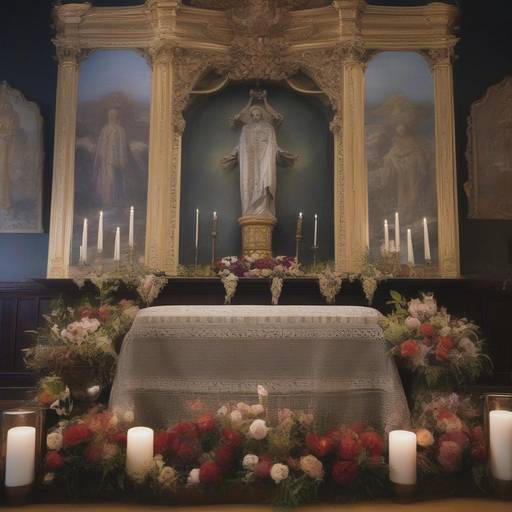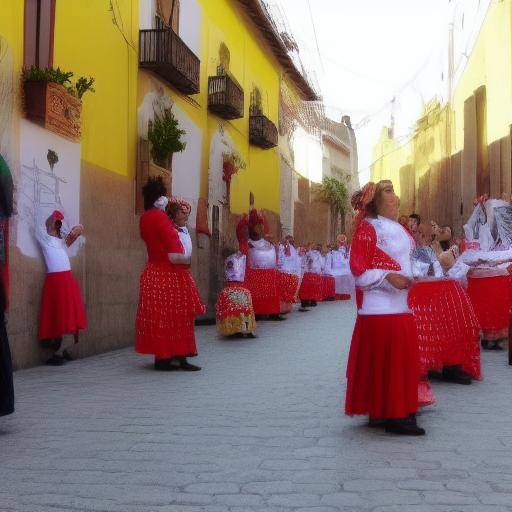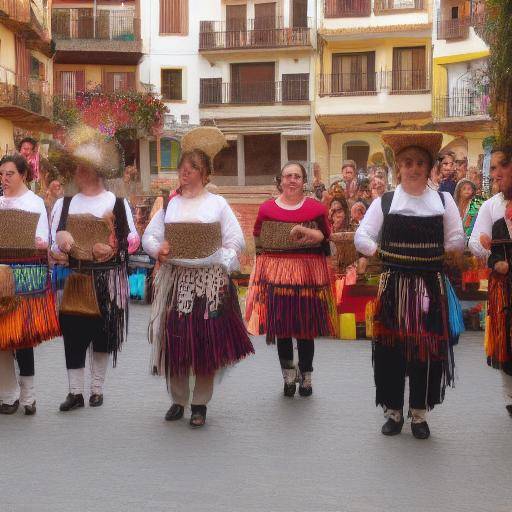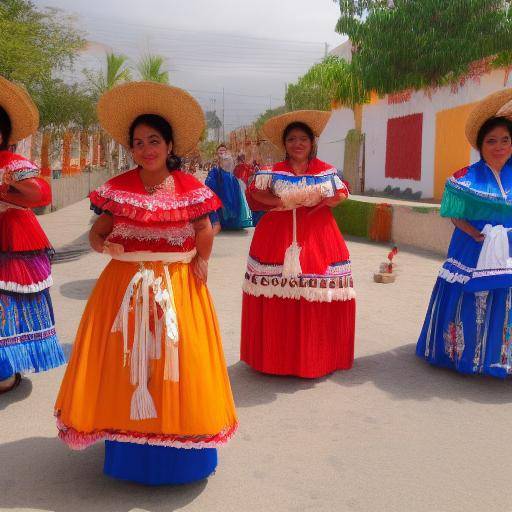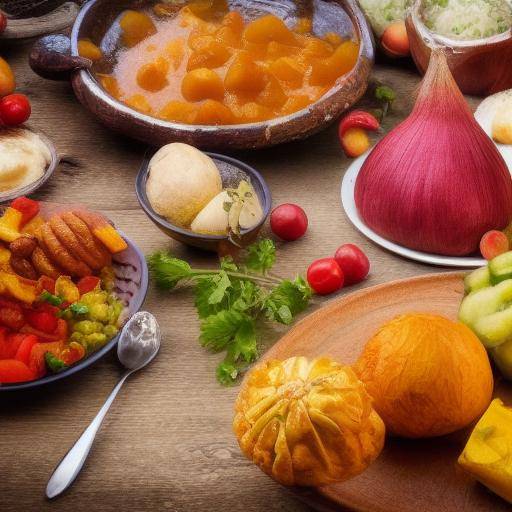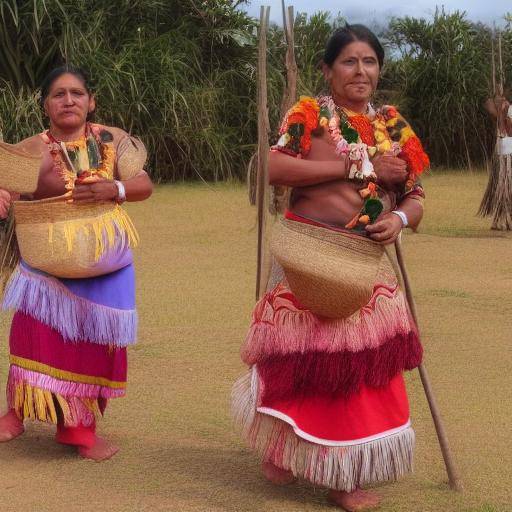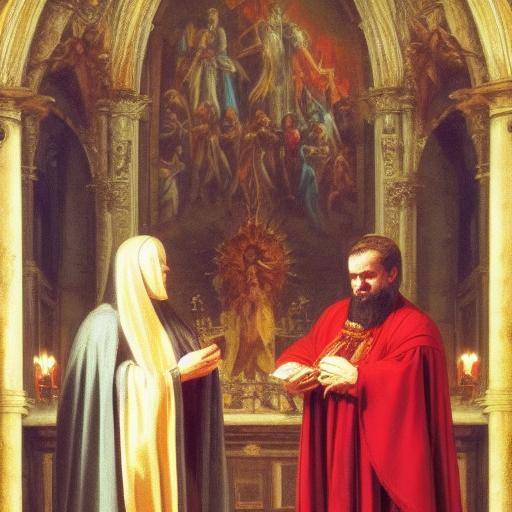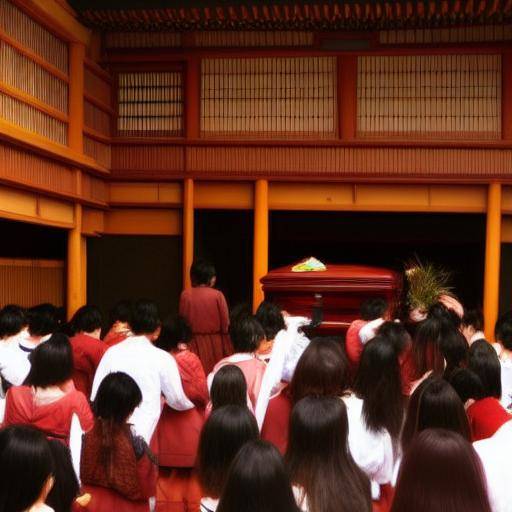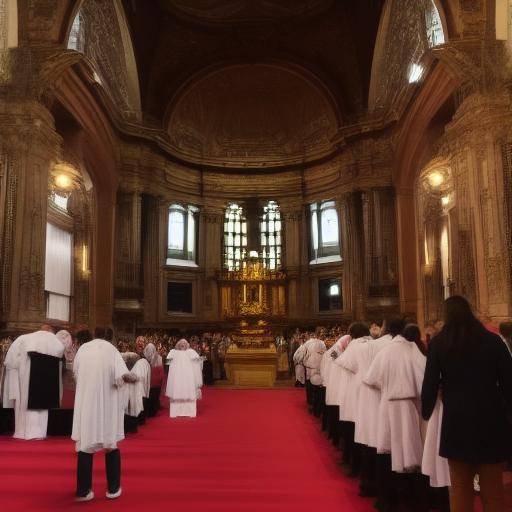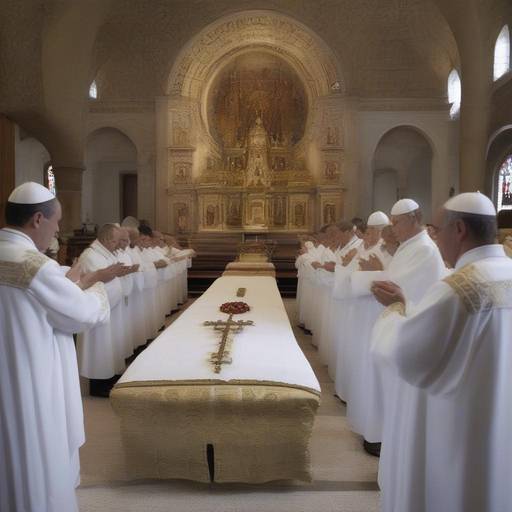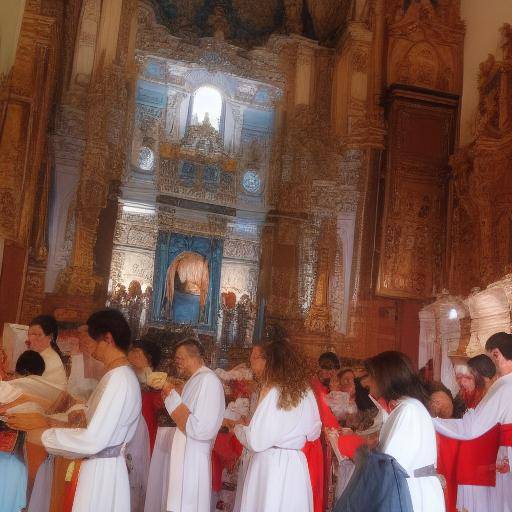
Arab culture is known for its tradition of marriages rooted in history, religion and customs. These rituals, full of symbolism and meaning, have been transmitted from generation to generation, enriching the social and cultural fabric of the Arab communities. In this article, we will explore in detail the marriage traditions in Arab culture, the rituals associated with them, as well as their evolution, impact and relevance today.
Introduction
Marriage traditions in Arab culture are a vivid manifestation of the rich cultural heritage that has endured over the centuries. From commitment to the celebration of marriage, each ritual is impregnated with meaning and symbolism, creating a unique and transcendent experience for couples. In this article, we will immerse ourselves in the exciting world of Arab marriage traditions, exploring their history, rituals, current practices and their impact on communities.
History and Origins
Matrimonial traditions in Arab culture have profound historical roots dating back to ancient times. In the pre-Islamic context, marriages used to be arranged by parents, with the consent of the spouses. With the arrival of Islam, new norms and practices were introduced that influenced the way marriages were carried out in Arab culture. The adoption of Islamic teachings brought with it more formal marriage ceremonies and rituals rooted in religious tradition.
Over the centuries, these traditions have evolved, but still retain fundamental elements that reflect the identity and values of Arab culture. Weddings continue to be significant events, not only for the couple, but also for their families and communities, and are imbued with a deep sense of commitment, unity and celebration.
Traditional rituals and ceremonies
Marriage rituals in Arab culture are a lush display of tradition, beauty and meaning. From commitment to marriage, each stage is marked by distinctive rituals that symbolize the union, commitment and blessing of the couple. One of the most emblematic rituals is the "Katb al-Kitab", or marriage contract, which formalizes the terms and conditions of marriage to witnesses and a religious representative.
The "Henna", a pre-marriage ceremony in which henna is applied in the hands and feet of the bride, is another practice rooted in the Arab tradition. This ritual symbolizes joy, beauty and protection for the bride on her new path. The celebration of marriage itself is full of rituals, from the exchange of vows to the blessing of union by relatives and friends.
Current Evolution and Trends
Although marriage traditions in Arab culture remain fundamental, they have experienced changes and adaptations in response to contemporary social and cultural dynamics. The prospect of marriage and the expectations of couples have evolved, which has influenced the way marriage ceremonies are held. At present, some couples opt for traditional ritual combinations with more modern elements, thus reflecting a synthesis between cultural heritage and contemporary influences.
The influence of globalization and digital connectivity has also led to new ways of expressing and living Arab marriage traditions. The diffusion of ideas, styles and practices through social networks and online platforms has contributed to greater diversity in the celebration of marriages, thus enriching the panorama of marriage traditions in Arab culture.
Importance and Meaning in the Arab Community
Matrimonial traditions in Arab culture occupy a central place in the lives of communities, as they go beyond the union of two individuals and symbolize the consolidation of family ties and social cohesion. These practices not only reflect the cultural, religious and social identity of the community, but also play an important role in strengthening the community and in preserving its shared values.
Marriage traditions in Arab culture act as a bridge between the past and the future, connecting generations and preserving the rich heritage of the community. Through these rituals, teachings, values and beliefs that have endured over time are transmitted, fostering a sense of continuity and belonging in the new generations.
Comparison with Other Matrimony Cultures
By comparing the traditions of marriage in Arab culture with those of other cultures, there are both similarities and significant differences. While in some cultures marriage is considered primarily as the union of two individuals, in Arab culture, marriage is perceived as the union of two families. This distinction gives rise to unique rituals and marriage ceremonies that reflect this approach to family unity.
Moreover, the influence of religious elements in the marriage traditions of Arab culture is a distinguishing factor that brings meaning and solemnity to ceremonies. The presence of rituals rooted in the Islamic tradition, such as the reading of the Quran and the invocation of religious blessings, is a central feature of Arab weddings.
Practical Tips and Recommendations
If you are interested in participating or understanding more deeply the traditions of marriage in Arab culture, it is important to bear in mind the respect for the culture and beliefs of the community. In attending an Arab wedding, it is advisable to learn about rituals and practices to participate in a respectful and understanding manner.
If you are planning an Arab-style wedding or incorporating elements of this tradition into your own marriage ceremony, look for expert advice on the subject. Consider consulting with wedding planners specializing in Arab marriage traditions and, if possible, seek guidance from community members to ensure that you respect and honor relevant customs and traditions.
Conclusion
Marriage traditions in Arab culture constitute a vibrant cultural upholstery that has resisted the proof of time, enriching and strengthening the identity of the Arab communities. Throughout history, these rituals have been a manifestation of the deep connection with inheritance, religion and community, bringing meaning, beauty and cohesion to marriage unions.
As witnesses to the evolution and adaptation of these traditions over time, we note how they continue to play a key role in the lives of Arab couples and communities. In understanding and appreciating the rich history and meaning of these practices, we can celebrate the cultural diversity and spirit of unity that embellishes the world.
FAQs
**1. What is the role of the family in Arab marriage traditions?**In Arab marriage traditions, the family plays a central role, since marriage is perceived as the union of two families rather than two individuals. Family participation and support at all stages of the marriage process are highly valued.
**2. Is it common for Arab couples to choose their own spouses today?**While practices vary according to the context, it is increasingly common for Arab couples to participate in the choice of their spouses, often with the approval and support of their families.
**3. How are Arab weddings celebrated today? Contemporary Arab weddings often combine ancestral traditions with modern elements. The ceremonies are usually great events that bring together family, friends and community members to celebrate the union of the couple with music, dance and festivities.
**4. What are some of the most emblematic Arab marriage rituals?**In addition to the "Katb al-Kitab" and the "Henna" ceremony, other emblematic Arab marriage rituals include the "Zaffa", a traditional nuptial parade that accompanies the couple to the ceremony, and the "Aarsi", in which the bride and groom look in a golden mirror, symbolizing unity and beauty.
**5. What is the role of religion in Arab marriage traditions?**Religion, in particular Islam, plays a significant role in Arab marriage traditions. The rituals and ceremonies are imbued with religious references, such as the recitation of passages of the Koran and the invocation of religious blessings, as a symbol of the importance of faith in marriage union.
**6. What does "Henna" mean in Arab marriage ceremonies?**The "Henna" ceremony is a ritual in which the bride, accompanied by family and friends, receives henna designs in her hands and feet. This practice symbolizes joy, beauty and protection for the bride in her new way, as well as representing transformation and family union.
In conclusion, marriage traditions in Arab culture offer a fascinating look at the depths of cultural, religious and community roots that influence the celebration of marriage. In honoring and understanding these practices, we can appreciate cultural diversity and the importance of preserving and celebrating the rich traditions that enrich and strengthen our society.



